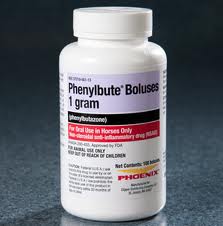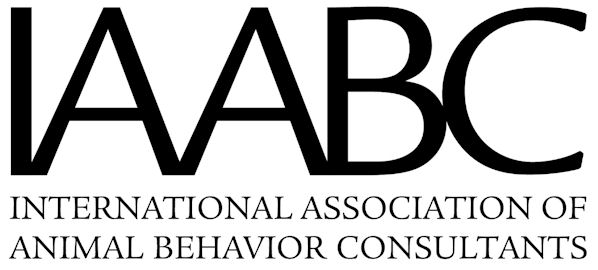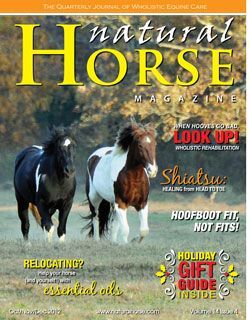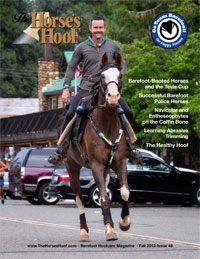
Any conscientious horse owner knows that when a NSAID such as BUTE (Phenylbutazone) is administered for pain management or anti-inflammation one takes the risk of that chemical causing ulcers in the horse’s gut. Many horses are able to receive multiple doses of an NSAID without issues but, for some, even just ONE dose can cause the beginnings of an ulcer.
The following is from Juliet M. Getty, PhD —
When pain relief is necessary and you rely on an NSAID such as bute, protect your horse’s digestive tract by replacing what bute diminishes — phospholipids found in the epithelial layer of the digestive tract. Phospholipids act as a barrier to acid damage. Lecithin (phosphatidyl choline) is a naturally-occurring phospholipid that can be easily supplemented to protect your horse against ulcers. — Juliet Getty
In the newsletter I received from her it was noted that Lecithin is found in soybeans.
Lecithin is the common term for a phospholipid known as “phosphatidyl choline” (PC) and is most commonly derived from soybeans. It is a naturally occurring substance and the most abundantly found phospholipid in animal and plant cell membranes. Chemically, it primarily consists of essential fatty acids (both omega 3 and omega 6) along with a molecule of choline (an essential B vitamin-like nutrient). Lecithin has been well studied in its ability to treat ulcers. Researchers* at The University of Texas Health Science Center, in Houston, examined the administration of PC along with NSAIDs and found that not only does PC significantly reduce gastrointestinal injury, but in some cases, it even eliminated gastrointestinal ulcerations. Furthermore, it offers this protection without altering the efficacy of bute (or other NSAID).
While many horse feeds and supplements contain soybean meal or soybean hulls I must state a BIG CAUTION here:
SOYBEANS ARE PRESENTLY GENETICALLY MODIFIED!
Over half of the world’s 2007 soybean crop (58.6%) was genetically modified, a higher percentage than for any other crop. Each year, EU Member States import approximately 40 million tonnes of soy material, primarily destined for use as cattle, swine, and chicken feed. Soybeans are also used to produce many food additives. ––http://www.gmo-compass.org
According to gmo-compass.org over 85% of the soybeans grown in the United States are now GMO!
So a word to the wise — Please, if considering feeding a lecithin based supplement or anything with soybeans be sure they are NON-GMO and ORGANICALLY GROWN!
Why? Read studies’ reports here: http://www.naturalnews.com/037249_gmo_study_cancer_tumors_organ_damage.html
Is that something you want to be feeding your horses? (or anyone else in your family for that matter?)










